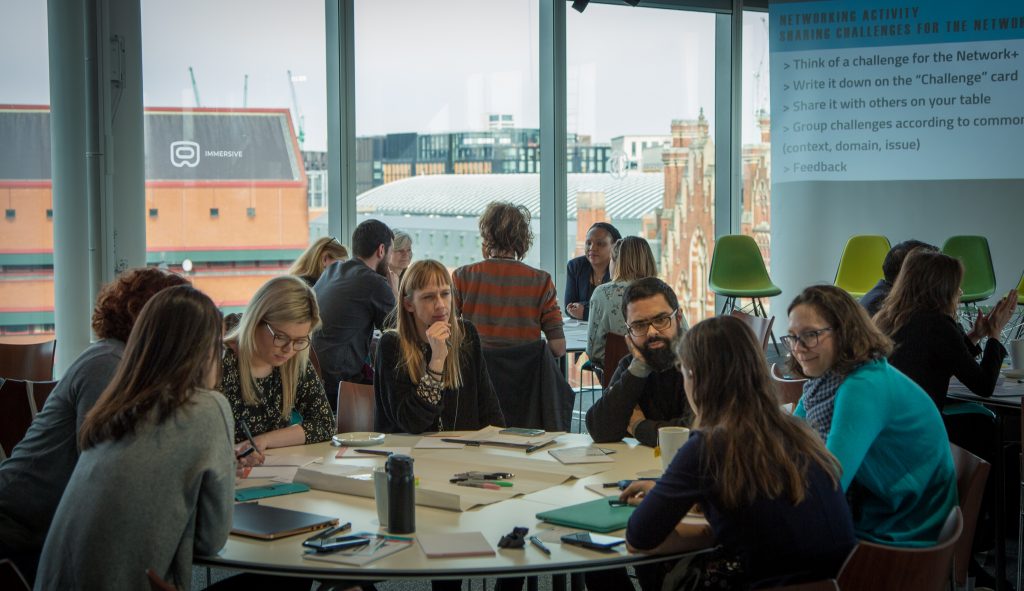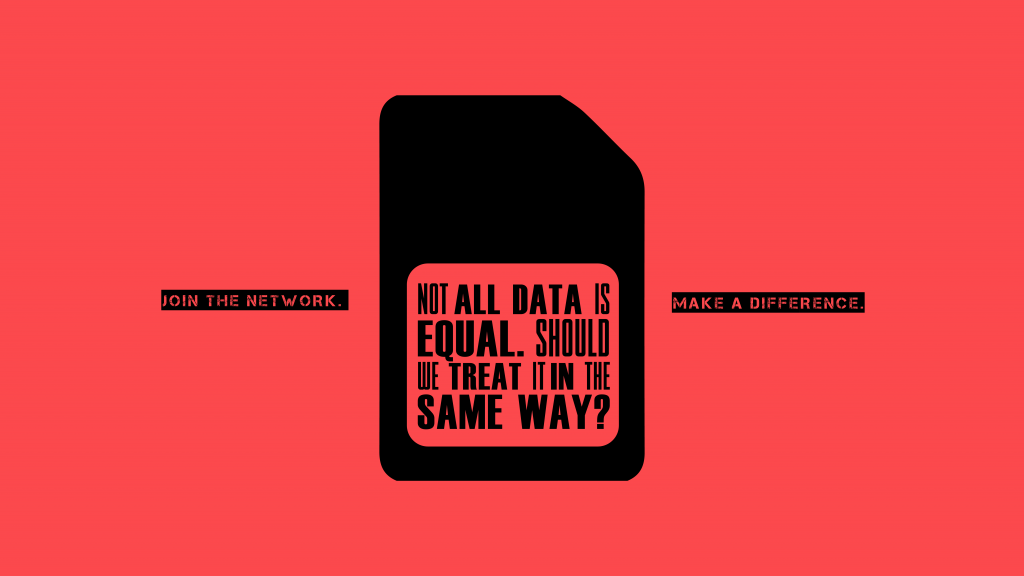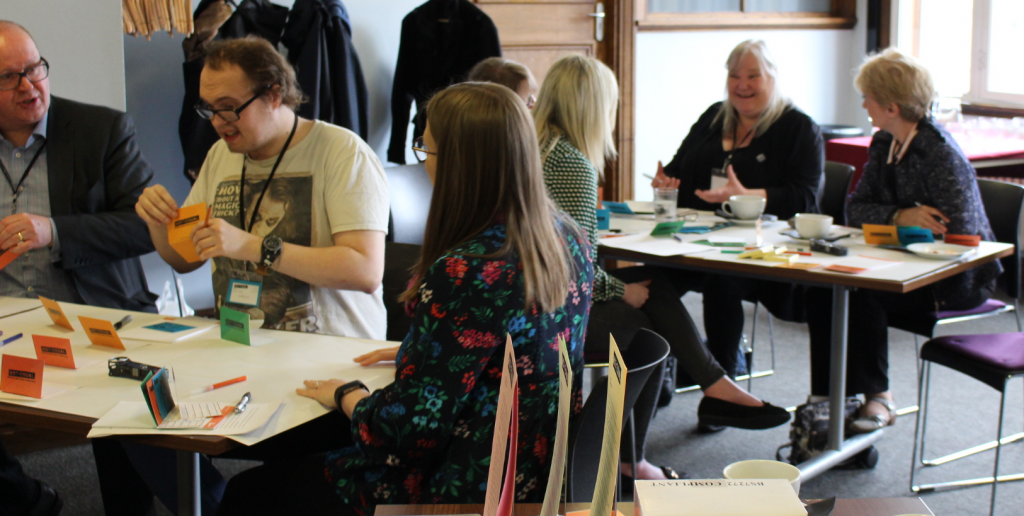See programme details and how to sign up here
Digital innovation is transforming the service economy and public services in significant ways. If harnessed to the wrong economic and socio-political model, technological innovation has the potential to be detrimental to the most vulnerable and reinforce inequality.
Not-Equal, the EPSRC Network+ on Social Justice through the Digital Economy, hopes to create the conditions for technologies to support social justice by building a network of interest and resource collaborations between researchers, industry, civic and civil society. Not-Equal explores the challenges posed by the data and platform economy, the digitization of services through a programme of activities, including commissioning research to develop innovative and practical responses to issues of social justice in technologies’ design and their application in everyday life.
This one-day event marks the launch of the Not Equal project, and the first call for collaborative research proposals, part of the Open Commissioning Programme.
This event is an opportunity Network+ partners to come together and share ideas on possible practical responses to issues flagged up by partners within each challenge area; as well as hear about the funding criteria, process and support available.
The event features provocative talks from invited speakers and experts from academia, civic and civil society, who will share their views on the social justice dimensions of emerging technology design and application and the challenges facing us today. The day will also include networking activities organised around thematic areas that form the call for proposal, to explore opportunities and generate ideas for possible collaborative cross-disciplinary responses.
Keynote Speaker
 Lina Dencik
Lina Dencik
Founder of Data Justice Lab at Cardiff University
Talk: Advancing social justice in an age of datafication
This talk will present the work of the Data Justice Lab and will highlight key challenges and possible points of intervention with regards to the implementation of data-driven technologies in different parts of society, focusing particularly on implications for democracy and social justice.
Dr Lina Dencik is Reader at Cardiff University’s School of Journalism, Media and Culture (JOMEC). Her research concerns the interplay between media developments and social and political change, with a particular focus on resistance. In recent years, she has moved into the areas of digital surveillance and the politics of data and she is Co-Founder of the Data Justice Lab. Lina has written several articles and books, most recently, Digital Citizenship in a Datafied Society (with Arne Hintz and Karin Wahl-Jorgensen, Polity Press 2018). Her current project, funded by an ERC Starting Grant, is ‘Data Justice: Understanding datafication in relation to social justice’ (DATAJUSTICE).
Panel Speakers
Matt Stokes 
Senior researcher at NESTA
Matt is a senior researcher at NESTA working on the collaborative economy and digital social innovation.
He’s passionate about how the growth of new technologies and collaborative models can be harnessed for social and environmental good and to foster more inclusive economic growth.
Matt previously worked as an intern in the Innovation Lab’s jobs and education teams and shadowed with the Health Lab and Centre for Social Action. He’s now found himself perched between Nesta’s Innovation Lab and Policy & Research team. Matt is especially keen on cross-sectoral innovation and the interplay of different contributing factors to social issues, such as poverty and education or health and employment.
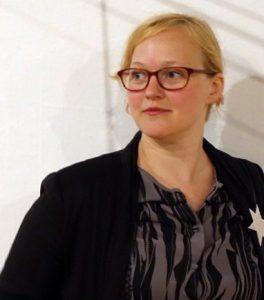 Bettina Nissen
Bettina Nissen
Interaction design lecturer at the University of Edinburgh
Dr Bettina Nissen is a Lecturer in Interaction Design and researcher in Design Informatics at the University of Edinburgh. She has a background in product and interaction design, digital fabrication and data physicalisation and her practice-based research focuses on engaging audiences with complex technological concepts through tangible and accessible means and makings. Bettina completed her AHRC-funded PhD in Human Computer Interaction at Newcastle University in 2018 and has recently worked on a series of RCUK-funded research projects. Spanning topics of trust and consent in pervasive environments as part of EPSRC-funded PACTMAN and the future of value(s) on ESRC-funded After Money (a collaboration with the Royal Bank of Scotland and New Economics Foundation), Bettina is currently working with the People’s Bank of Govanhill and artist Ailie Rutherford in Glasgow to explore feminist perspectives of cryptocurrencies through craft and knitting.
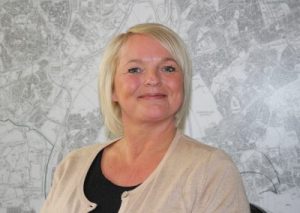 Karen Wood
Karen Wood
Manager of Parker Trust and PAG
Karen is the manager of a charity, Parker Trust and PAG, which delivers services for different community groups in Sunderland and is an elected member of Sunderland City Council. Karen has worked in the community, researching and delivering services and creating activities for over 20 years. She works closely with residents, community centres, schools and the local farm, and strives to find solutions to their problems and needs in an empathetic way. The communities Karen works with are among the most vulnerable, excluded, isolated and most affected by the impact of digital technology and digital exclusion.
Karen’s passion for social change and drive to create solutions for problems that directly affect the communities she works with, has gained her the trust of community members. As an elected member of Sunderland City Council, Karen aims to ensure people’s voices are heard in a council setting to improve the services in the community that are delivered to the most vulnerable.
 Steve Caughey
Steve Caughey
Director of the National Innovation Centre for Data at Newcastle University
Steve Caughey is Director of the new National Innovation Centre for Data (NICD) which will bring together industry, the public sector and world-leading academics to develop the skills, ideas and resources needed to exploit the opportunities offered by the explosion in digital data.
Steve worked as a software engineer and system’s architect for a number of telecommunications companies before joining the influential Arjuna research team at Newcastle University in 1990. He was instrumental in commercializing the prototype work of this group by co-founding Arjuna Solutions in 1998. Steve led this start-up company to acquisition, by Hewlett-Packard in 2000, bought back the company (renamed as Arjuna Technologies) in 2002 and sold part of the product suite to RedHat in 2005. As CEO he was responsible for strategy, corporate development and partnerships.

